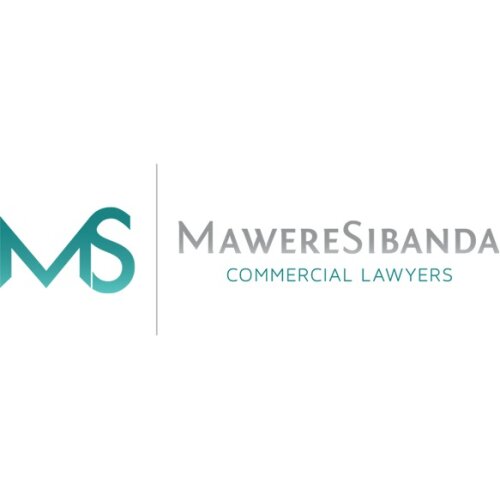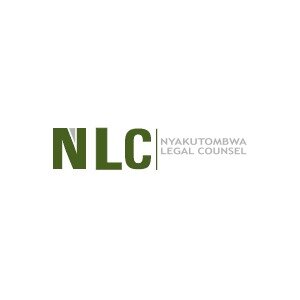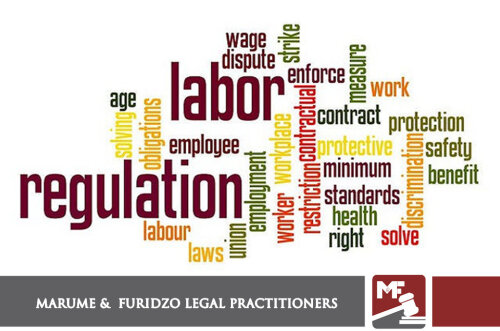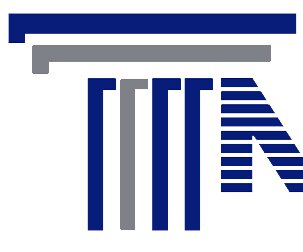Best Foreclosure Lawyers in Harare
Share your needs with us, get contacted by law firms.
Free. Takes 2 min.
Free Guide to Hiring a Real Estate Lawyer
List of the best lawyers in Harare, Zimbabwe
About Foreclosure Law in Harare, Zimbabwe
Foreclosure is a legal process where a lender seeks to recover the balance of a loan from a borrower who has stopped making payments. In Zimbabwe, foreclosure typically involves the sale of the mortgaged property to recover the unpaid loan amount. Harare, as the nation's capital, follows statutory and common law principles governing foreclosure. This process can be complex, often involving legal proceedings and interactions with various financial institutions.
Why You May Need a Lawyer
Engaging a lawyer for foreclosure matters is essential for several reasons:
- Understanding Legal Rights: A lawyer can help you understand your legal rights and obligations in foreclosure proceedings.
- Negotiation with Lenders: Lawyers can negotiate with lenders on your behalf, striving for alternatives to foreclosure such as loan modifications or refinancing.
- Representation in Court: If foreclosure proceedings reach the court, a legal professional can represent your interests effectively.
- Dealing with Complex Legal and Financial Documents: An attorney ensures that all documents are accurate and in your favor.
- Avoiding Potential Legal Pitfalls: Lawyers provide guidance to avoid legal pitfalls that might worsen your financial situation.
Local Laws Overview
The foreclosure laws in Harare, Zimbabwe, are shaped by a combination of statutory regulations and judicial precedence. Key aspects include:
- Borrower's Rights: Borrowers have rights and opportunities to remedy defaults before a foreclosure is finalized.
- Judicial Foreclosure: Such procedures may require court proceedings where lenders must prove borrower default.
- Redemption Periods: This is a legally defined period during which a borrower can reclaim the property by paying off the mortgage in full, including additional fees.
- Auction Sales: Properties may be sold at public auctions to the highest bidder to recover debts.
Frequently Asked Questions
What is foreclosure?
Foreclosure is the legal process by which a lender attempts to recover the amount owed on a defaulted loan by taking and selling the mortgaged property.
Can I stop a foreclosure?
Yes, foreclosure can sometimes be stopped by negotiating with the lender, rectifying the default, or through legal proceedings that argue against the foreclosure for valid reasons.
What is the timeline for a foreclosure process?
The timeline can vary based on individual circumstances, the lender’s policies, and the court's schedule, ranging from several weeks to months.
How can a lawyer assist me in foreclosure?
A lawyer can provide advice, negotiate with lenders, represent you in court, and help you explore all available options to avoid foreclosure.
Is there a way to negotiate with my lender to avoid foreclosure?
Yes, options include loan modification, short sale, repayment plans, and forbearance agreements, often negotiated by your lawyer.
Do I need to attend court for foreclosure?
In judicial foreclosures, attending court may be necessary to present your case or contest the foreclosure. Your lawyer can guide you through this.
What happens to the property after foreclosure?
The property is usually auctioned, and the proceeds go to the lender to recover the remaining loan balance. Excess proceeds, if any, may go to the borrower.
Can I redeem my property after a foreclosure sale?
In some cases, borrowers can redeem their property within a specific period by paying off the entire loan, including any additional fees.
What is a deficiency judgment?
A deficiency judgment is a court order against a borrower for the amount owed to a lender if the foreclosure sale does not cover the full amount of the loan.
How do I know if foreclosure is right for me?
Consulting with a lawyer can help you evaluate your financial situation and consider all alternatives before deciding that foreclosure is the best option.
Additional Resources
You may contact the following resources for additional help and information:
- Zimbabwe Lawyers for Human Rights: Offers legal services and information on various legal issues including property rights.
- The Reserve Bank of Zimbabwe: Provides regulations and guidelines concerning mortgage and lending institutions.
- The Law Society of Zimbabwe: Can assist in finding a qualified attorney specializing in foreclosure law.
Next Steps
If you're facing foreclosure or require more information, consider:
- Consulting a Lawyer: Seek out attorneys with expertise in foreclosure law to guide your decisions.
- Understanding Your Financial Situation: Evaluate your current financial status to explore possible remedies.
- Gathering Documentation: Collect all relevant documents, including loan agreements and correspondence with your lender.
- Exploring Alternatives: Consider options like refinancing, loan modification, or selling the property.
Taking these informed steps can empower you to handle foreclosure processes more effectively.
Lawzana helps you find the best lawyers and law firms in Harare through a curated and pre-screened list of qualified legal professionals. Our platform offers rankings and detailed profiles of attorneys and law firms, allowing you to compare based on practice areas, including Foreclosure, experience, and client feedback.
Each profile includes a description of the firm's areas of practice, client reviews, team members and partners, year of establishment, spoken languages, office locations, contact information, social media presence, and any published articles or resources. Most firms on our platform speak English and are experienced in both local and international legal matters.
Get a quote from top-rated law firms in Harare, Zimbabwe — quickly, securely, and without unnecessary hassle.
Disclaimer:
The information provided on this page is for general informational purposes only and does not constitute legal advice. While we strive to ensure the accuracy and relevance of the content, legal information may change over time, and interpretations of the law can vary. You should always consult with a qualified legal professional for advice specific to your situation.
We disclaim all liability for actions taken or not taken based on the content of this page. If you believe any information is incorrect or outdated, please contact us, and we will review and update it where appropriate.















